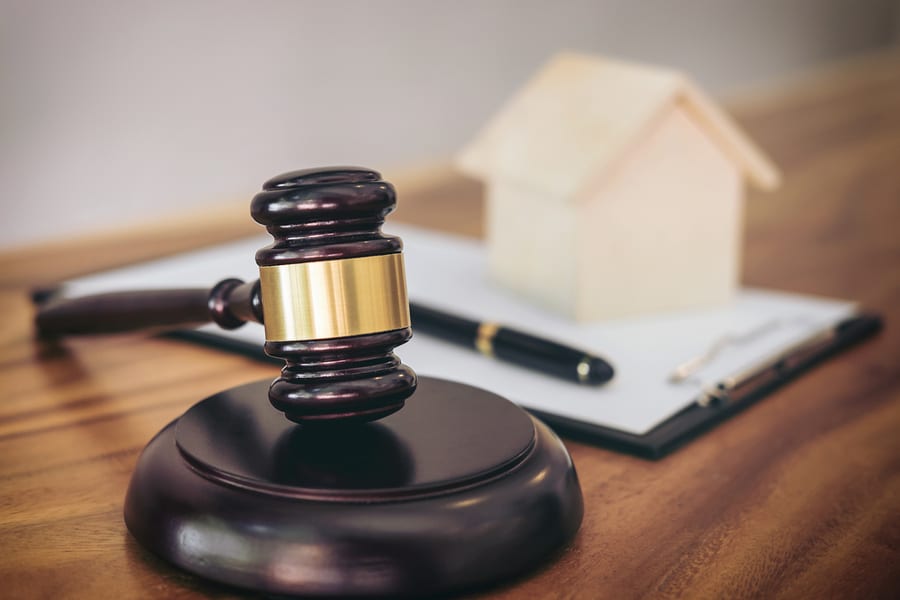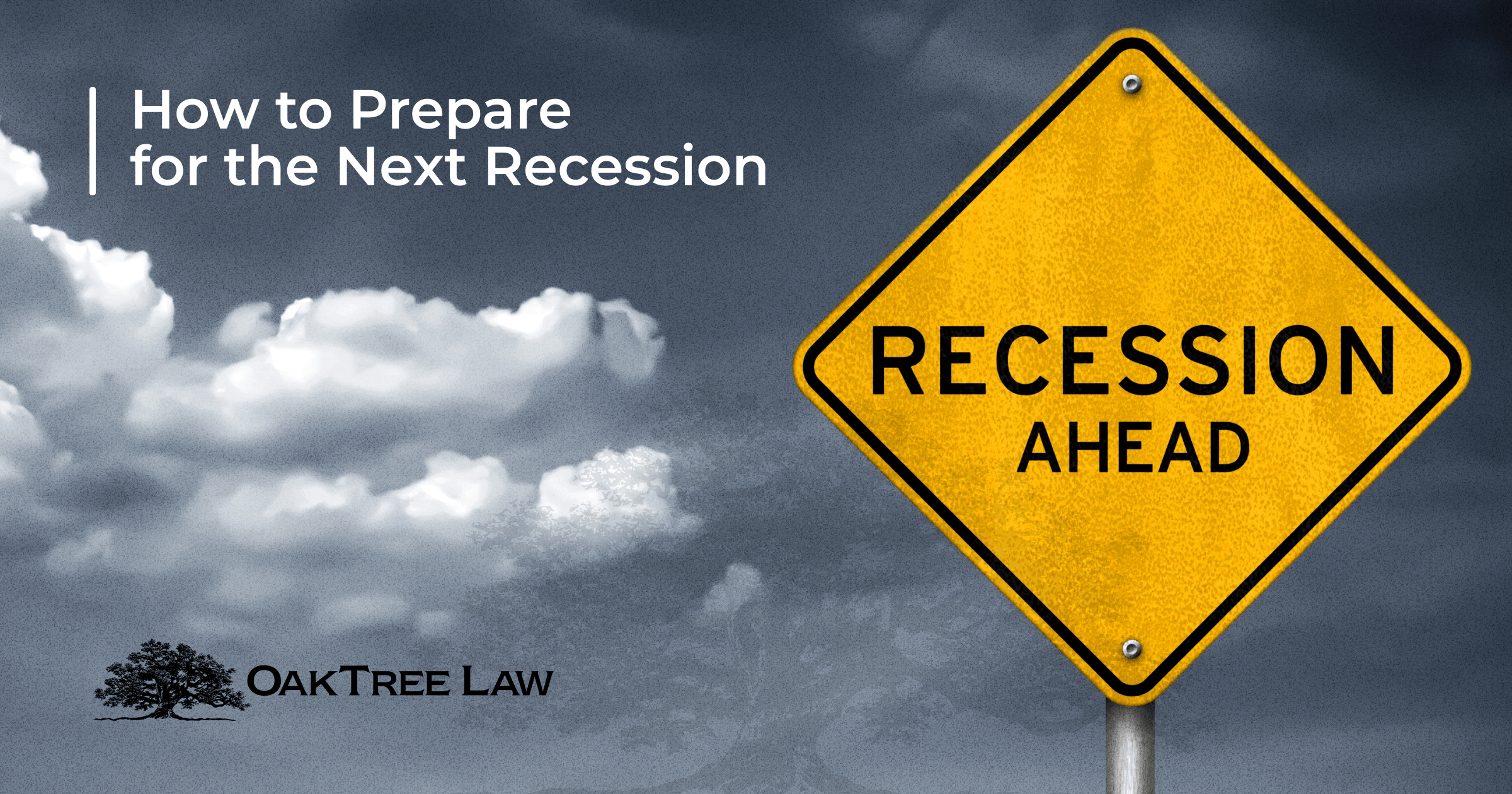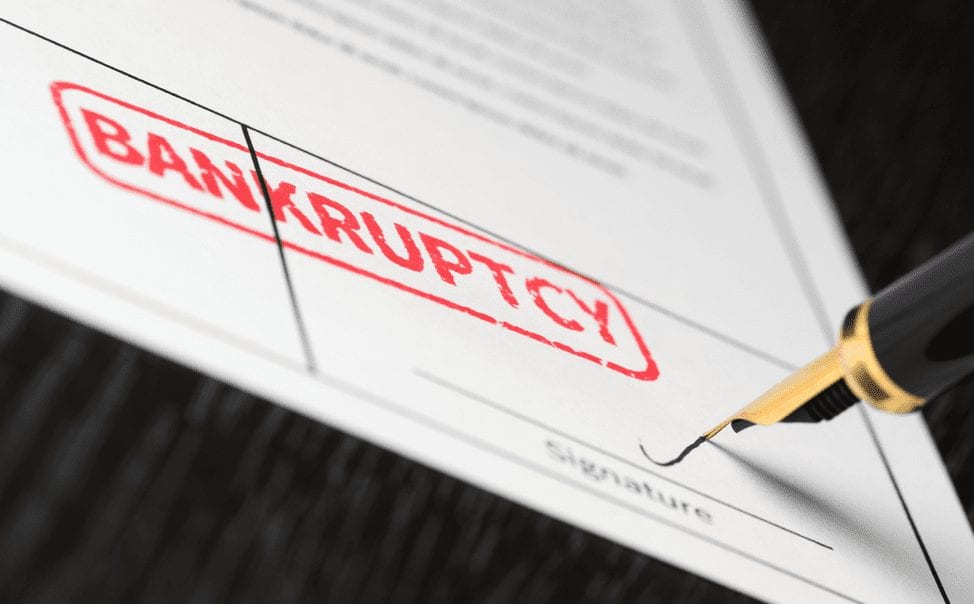Reliable Los Angeles Bankruptcy Attorney
One question posed to nearly every bankruptcy attorney by those considering filing for bankruptcy is “will I lose my home?” The fact is, most people can keep their property during bankruptcy in California, even if they are behind on their mortgage payments at the time of filing. When you work with a bankruptcy attorney who understands California bankruptcy exemptions and homestead laws chances are high you will be able to keep your property.
California Bankruptcy Exemptions
When you file for bankruptcy in California, you cannot use federal exemptions. Instead, you must select one of the two sets of exemptions allowed under state law. The first set of exemptions, known as System 1 (704 Exemptions), includes the homestead exemption, allowances for your vehicle, personal property, wages, retirements and pensions, certain public benefits, tools needed for work, insurance benefits, and other exemptions like professional licenses, and business partnership interests. The second set of exemptions, known as System 2 (703 Exemptions), includes many of the same exemptions, but also includes a wildcard and exemptions for child or spousal support. California does not allow married couples who are filing joint bankruptcy to double their exemptions.
California Homestead Exemption
The exemption for your home equity depends on whether you opt for System 1 or System 2 exemptions. Under System 1 you may exempt equity in covered property as follows:
- For single, non-disabled homeowners – up to $75,000
- For homeowners living with another family member – up to $100,000
- Homeowners 65 or older – $175,000
- Those with physical or mental disabilities – $175,000
- 55 or older, single, low income – $175,000
There are additional exemptions for married but separated persons who are filing bankruptcy that may also apply. Under System 2, you may only exempt up to $26,800 of your home equity.
Chapter 13 vs Chapter 7
When a person files Chapter 13 bankruptcy, they are reorganizing their debt. Basically, this means you will always keep all your property, even when you have more equity than is allowed under the standard exemptions. With a Chapter 13 filing, your debts are combined, and with the courts approval, a repayment plan is created. You are required to meet the terms of the repayment agreement, and you must remain current on your mortgage payments during the term of the repayment agreement.
With a Chapter 7 filing, you are eliminating most of your unsecured debt. In these cases, the bankruptcy court will allow the trustee to liquidate any assets which are not exempted to repay your secured creditors. If there are funds remaining after secured creditors are satisfied, then unsecured creditors would receive payment. Once the liquidated amounts are distributed, your bankruptcy is discharged. The only obligations you may have after a Chapter 7 are past-due spousal or child support, unpaid taxes, student loan obligations, and your home mortgage. Your mortgage lender can only start foreclosing on your property if you fail to make regular mortgage payments after filing Chapter 7.
You Need a Skilled Bankruptcy Lawyer on Your Side
Bankruptcy laws are complicated which is why anyone seeking protection under bankruptcy statutes should consult with an experienced bankruptcy attorney. The more equity you have in your home, the more important it is to work with someone who has an in-depth understanding of both System 1 and System 2 exemptions.
Contact Oaktree Law for help: we have years of experience helping Los Angeles and Orange County residents understand their rights and obligations under the existing California bankruptcy statutes. Give us a 562-219-2979 to get started!








